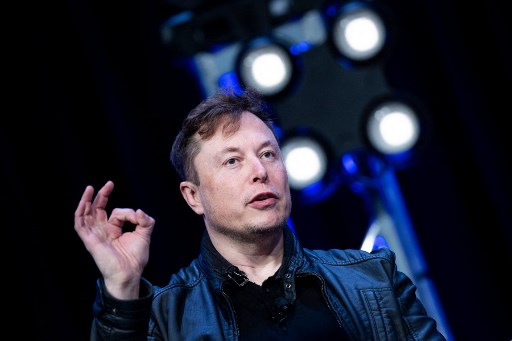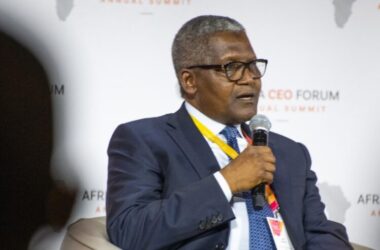OpenAI’s board has unanimously turned down an offer from Elon Musk to buy the artificial intelligence company for $97.4 billion.
In a statement posted on Musk-owned X (formerly Twitter), OpenAI’s board chairman, Bret Taylor, made it clear that the company is not for sale and that the board rejected what he described as Musk’s “latest attempt to disrupt his competition.”
“OpenAI is not for sale, and the board has unanimously rejected Mr. Musk’s latest attempt to disrupt his competition,” Taylor said in the statement.
He further noted that any changes to OpenAI’s structure would be aimed at strengthening the company’s nonprofit mission to ensure that artificial general intelligence (AGI) benefits all of humanity.
Musk had filed court documents on Wednesday, stating that he would withdraw his offer if OpenAI’s board agreed to return the company to a nonprofit model.
Currently, OpenAI operates under a hybrid structure, with a nonprofit overseeing a for-profit subsidiary. This transition to a profit-driven model, which CEO Sam Altman believes is crucial for the company’s growth, has been a point of tension between Musk and OpenAI.
Musk was one of the original founders of OpenAI in 2015 and contributed $45 million in initial funding. However, he left the company three years later, with OpenAI citing a potential conflict of interest due to Tesla’s increasing focus on AI.
Following his departure, Musk launched his own artificial intelligence company, xAI, in early 2023, shortly after OpenAI sparked global interest with its AI technology.
The increasing costs of developing, training, and deploying AI models have led OpenAI to seek a new corporate structure, allowing investors to hold equity and ensuring stable governance. However, the move to a traditional for-profit model requires approval from regulatory authorities in California and Delaware.
Musk’s offer, which valued OpenAI at $97.4 billion—roughly $30 billion higher than current negotiations—appears to have been aimed at disrupting the company’s fundraising efforts.
According to OpenAI’s Chief Global Affairs Officer, Chris Lehane, Musk’s bid was a strategic move by a competitor struggling to keep up in the AI race.










